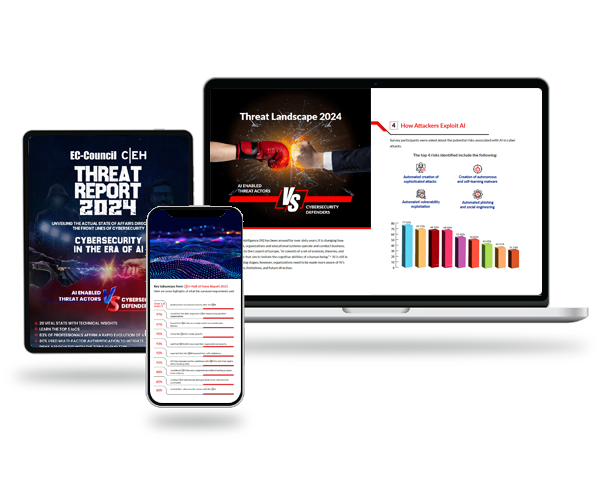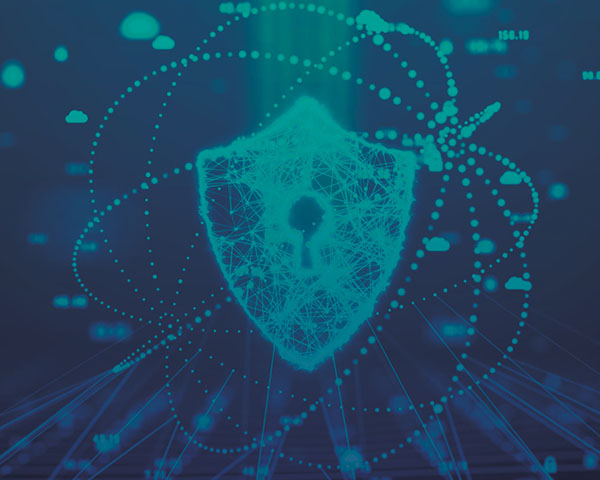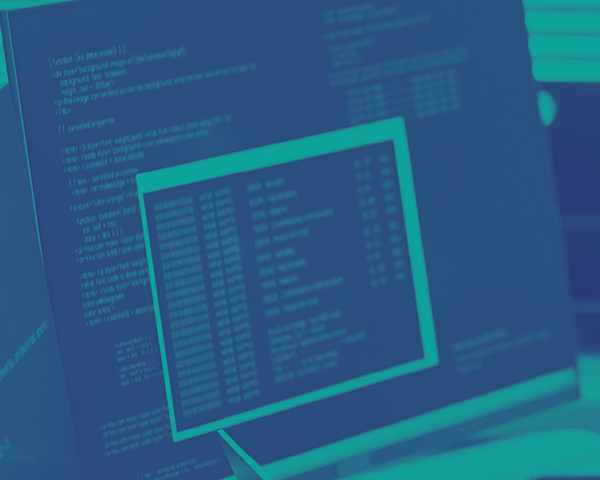In the fast-paced world of information technology, Linux has emerged as a cornerstone, powering servers, mainframes, and even mobile devices. Its versatility, security, and open-source nature have made it a go-to choice for both personal and enterprise environments. With the increasing demand for proficient Linux professionals, obtaining a certification like CompTIA Linux+ (XKO-005) has never been more relevant. This guide will delve into the essence of CompTIA Linux+, offering insights, preparation tips, and an FAQ section to navigate this certification’s landscape.
The CompTIA Linux+ certification is a globally recognized standard for validating foundational skills in Linux. Unlike other certifications focusing solely on administrative tasks, Linux+ covers a broad spectrum of knowledge—from basic installation and configuration to advanced management and troubleshooting. This certification is designed for IT professionals aiming to carve a niche in Linux administration, cybersecurity, system engineering, or any field where Linux skills are requisite.
In an era where cybersecurity threats loom large and systems’ efficiency is paramount, Linux+ certified professionals stand out for their ability to navigate the Linux operating system with finesse.
Here’s why this certification is a gold standard for aspiring Linux specialists:
The CompTIA Linux+ Powered by LPI course is structured to build upon existing user-level knowledge of Linux. It is tailored to impart fundamental skills and concepts vital for any Linux-related career.
The course is divided into several domains, each focusing on a core aspect of Linux operation:
Success in the CompTIA Linux+ exam requires a blend of theoretical knowledge and practical experience. Here are some tips to guide your preparation:
This certification is ideal for IT professionals with basic Linux experience aiming to specialize in system administration, cybersecurity, network management, or any role requiring deep Linux expertise.
Preparation time varies based on individual experience and dedication. On average, candidates spend 3-6 months studying for the exam, with consistent hands-on practice.
Absolutely. Linux+ not only validates your skills but also enhances your job prospects in various IT fields. It’s a stepping stone for higher certifications and specialized Linux roles.
While Linux+ is designed for professionals with user-level experience, motivated beginners can start with foundational Linux courses and gradually work their way up to Linux+ with dedicated study and practice.
CompTIA Linux+ is comprehensive, covering a wide range of Linux skills applicable across many job roles. Other certifications might focus on specific distributions or advanced topics. Linux+ serves as a solid foundation for any Linux career path.
Embarking on the CompTIA Linux+ (XKO-005) journey is a strategic step for anyone looking to excel in the Linux domain. With its comprehensive curriculum and industry-wide recognition, Linux+ equips professionals with the skills to thrive in diverse IT environments. By following a structured preparation path and engaging with the Linux community, candidates can unlock their potential and open doors to rewarding career opportunities. Whether you’re a system administrator, a security specialist, or an IT enthusiast, Linux+ certification is a valuable asset in your professional


























































